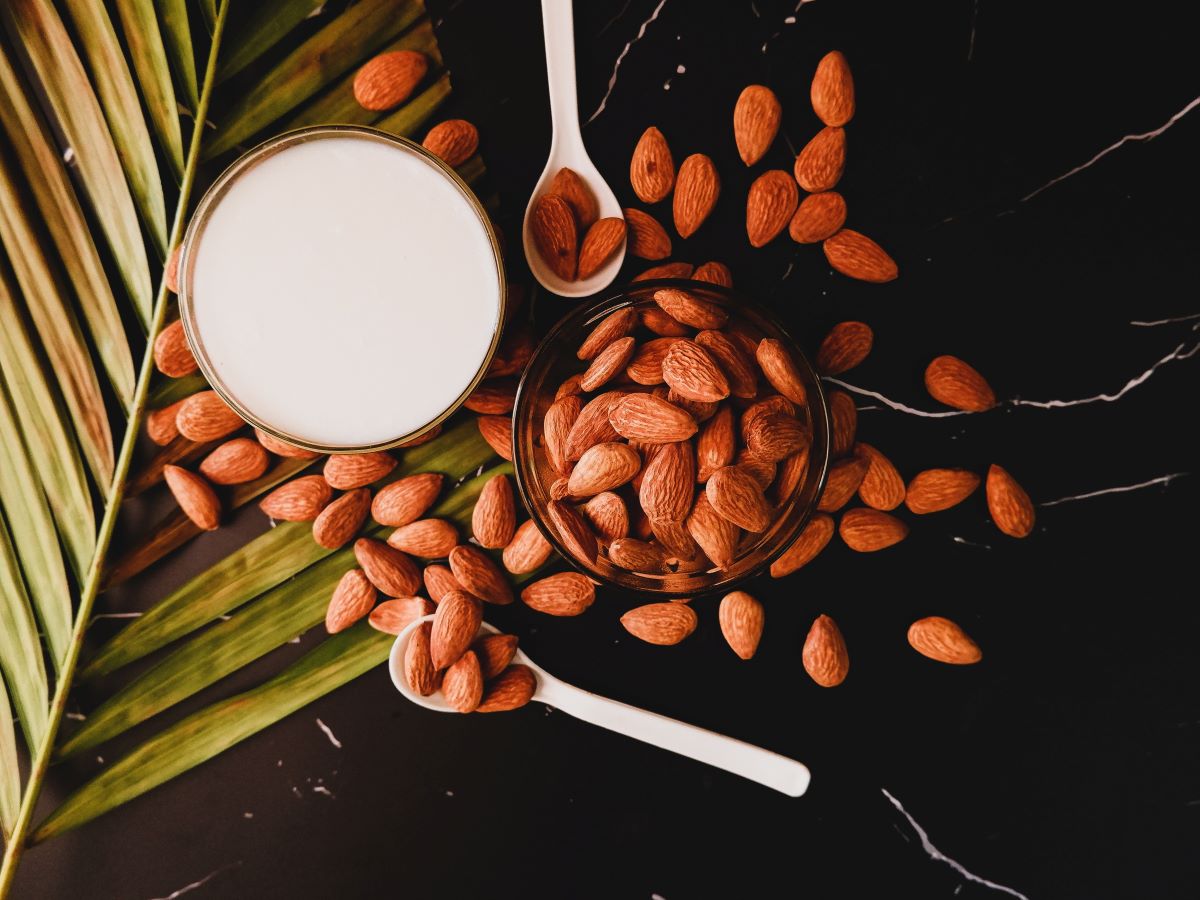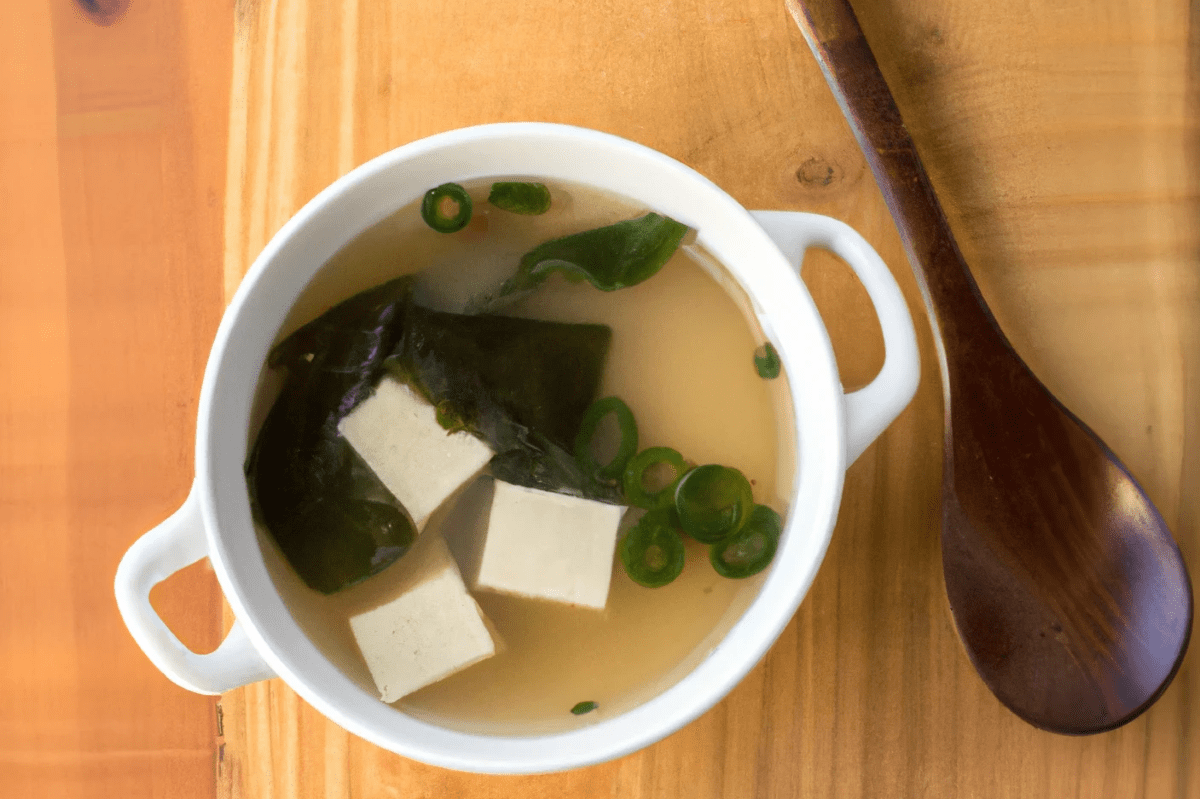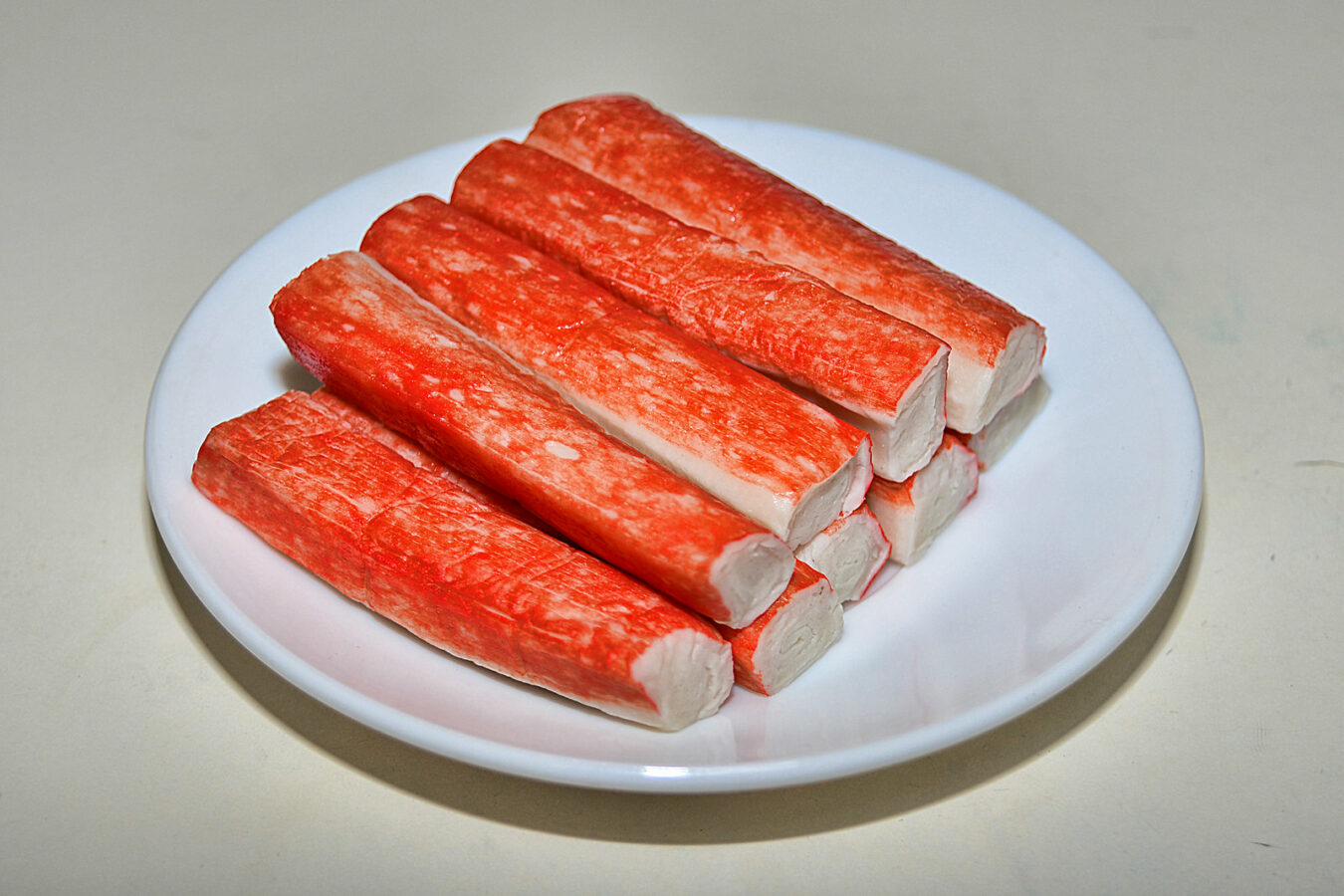Table of Contents
Almond milk has soared in popularity over the last decade, becoming a staple in vegan diets and a go-to dairy alternative. But is almond milk always vegan? This comprehensive guide aims to answer that question, covering types of almond milk, potential non-vegan ingredients, and ongoing debates within the vegan community.
Is Almond Milk Vegan?
In short, almond milk is generally considered vegan, as it is plant-based milk made from almonds and water. However, variations may contain animal-derived additives or preservatives, so it’s crucial to check labels or make them at home to be sure.
Non-Vegan Ingredients or Processes
Most commercially produced almond kinds of milk are vegan, but it’s crucial to check the label for any additives or preservatives that may be animal-derived. The primary concern is Vitamin D3, which can be from animals. If you’re a strict vegan, look for almond milk labeled vegan or check for plant-sourced Vitamin D2.
Controversies or Gray Areas within the Vegan Community
While almond milk is generally vegan, there are some debates and concerns within the community.
Environmental Impact: Almond farming requires a large amount of water, which has become a concern in places like California, where water resources are scarce.
Bee Exploitation: Commercial almond farming often relies on bee pollination, and the practice has been criticized for its impact on bee populations.
Labor Practices: Almond harvesting can involve labor-intensive practices, which opens discussions about fair wages and working conditions.
Therefore, the vegan-friendly label of almond milk can be more complex when you consider ethical and environmental factors. Some vegans opt for almond milk brands committed to sustainable farming and fair labor practices to align with their ethical beliefs.
Stay tuned as we delve deeper into alternative recipes, ingredient swaps, and customizations to make almond milk fit seamlessly into your vegan lifestyle.
Types of Almond Milk
Almond milk comes in many forms, from store-bought to homemade, sweetened to unsweetened. In the commercial realm, you can find flavored versions like vanilla or chocolate almond milk, and those fortified with vitamins and minerals. Some kinds of almond milk even include added protein or fiber.
Vegan-Friendly Alternatives and Variations
With the increasing interest in vegan and plant-based diets, the market has seen a surge of alternatives to almond milk. These options cater to different tastes and address some of the ethical and environmental concerns associated with almond milk. Below, you’ll find a breakdown of where to find these options and what to look out for.
Store-Bought Alternatives
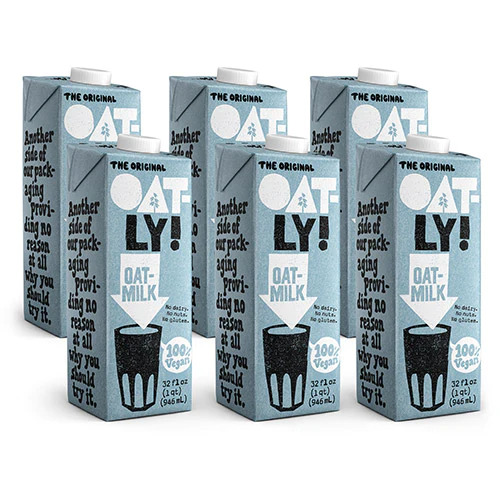
Oatly
Made from oats, Oatly’s milk alternative is creamy and has a flavor profile that works well in savory and sweet dishes.
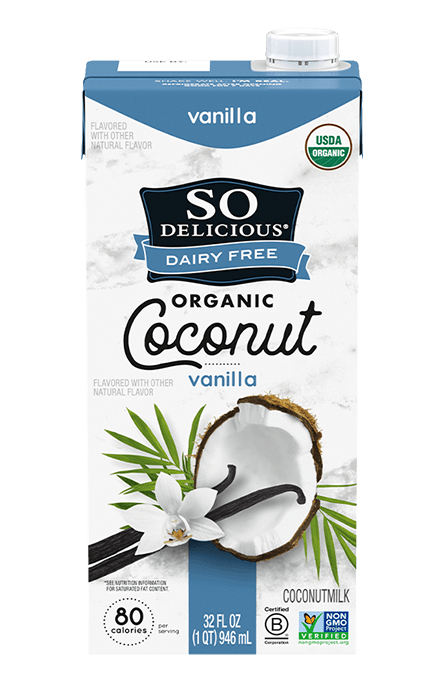
So Delicious Dairy Free
Made from coconuts, So Delicious’ Dairy Free’s milk is a creamy and tropical alternative to almond milk.
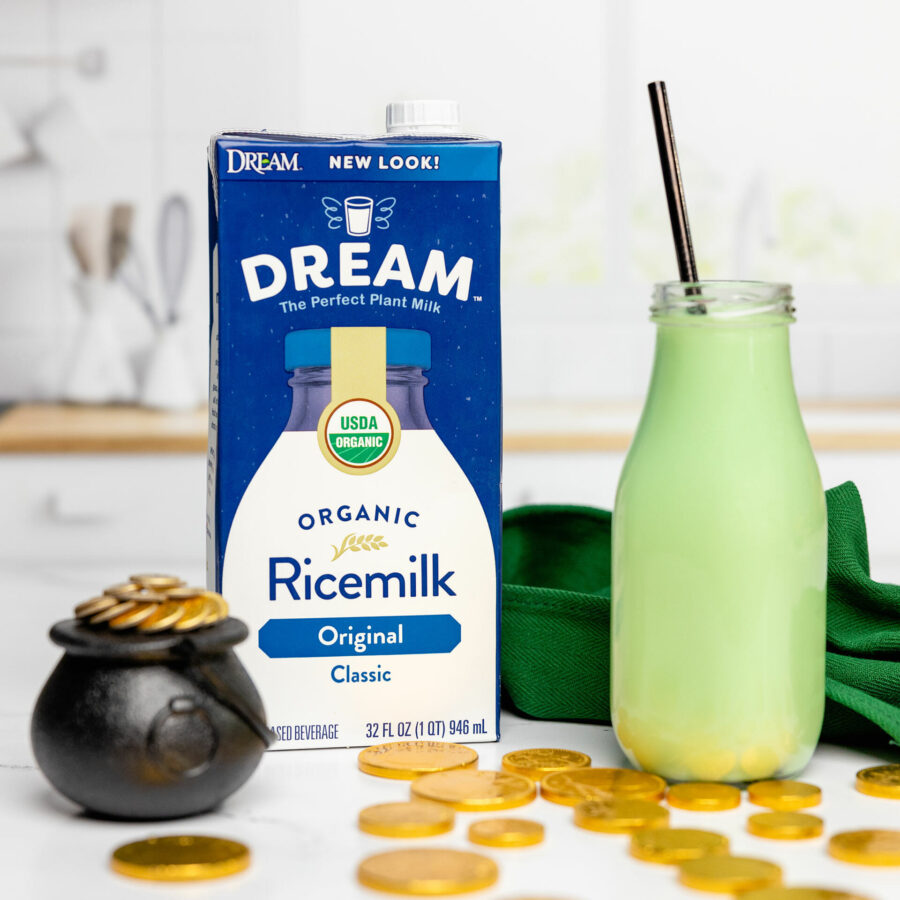
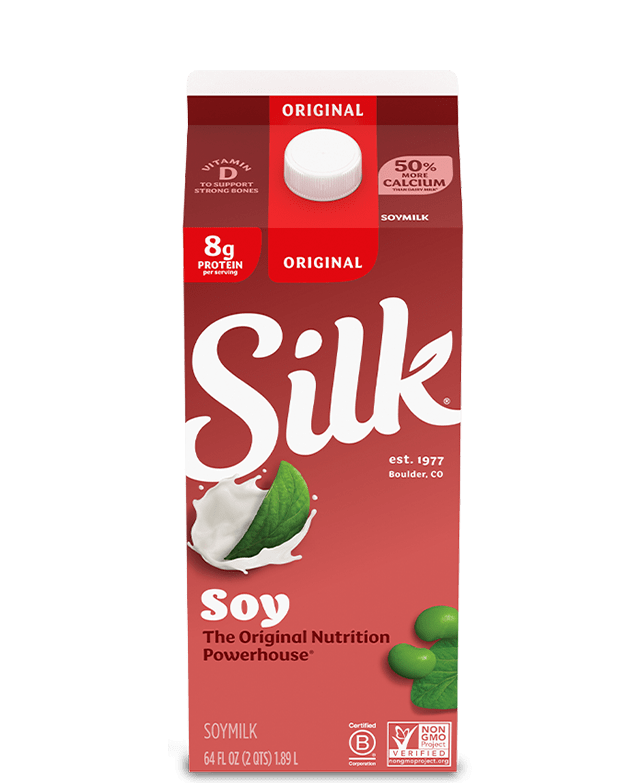
Silk
One of the oldest plant-based milk options, Silk’s soy milk is rich in protein and comes in various flavors.
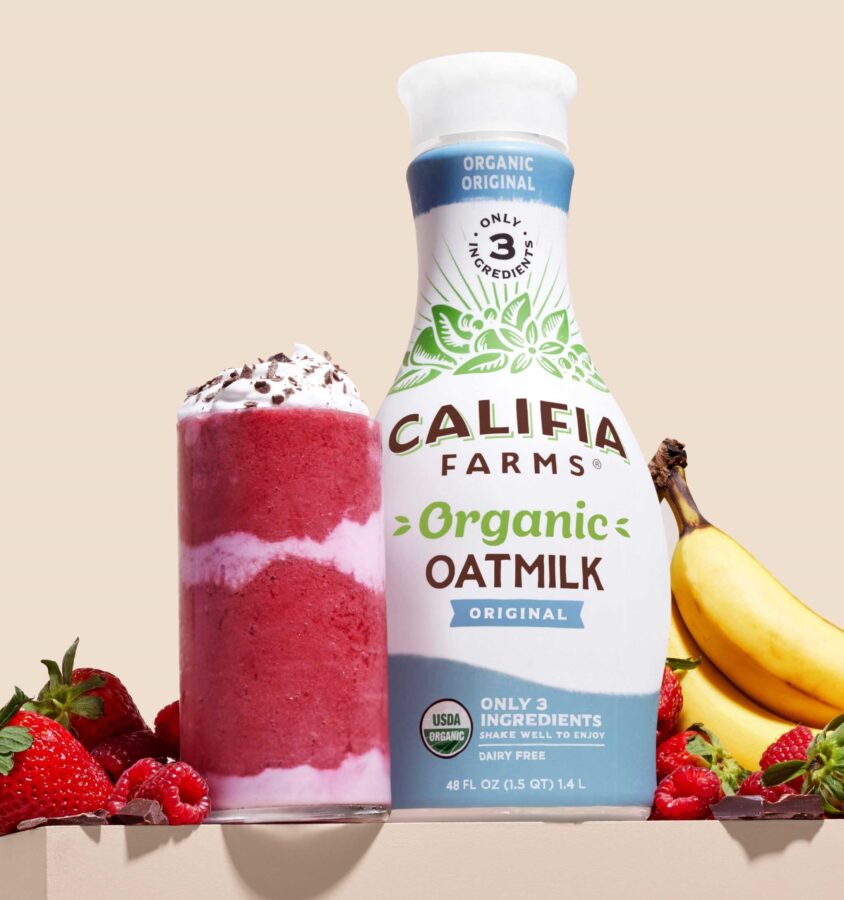
Califia Farms
Califia Farms’s milk is a smooth and rich alternative milk that works well as a 1:1 replacement for almond milk in recipes.
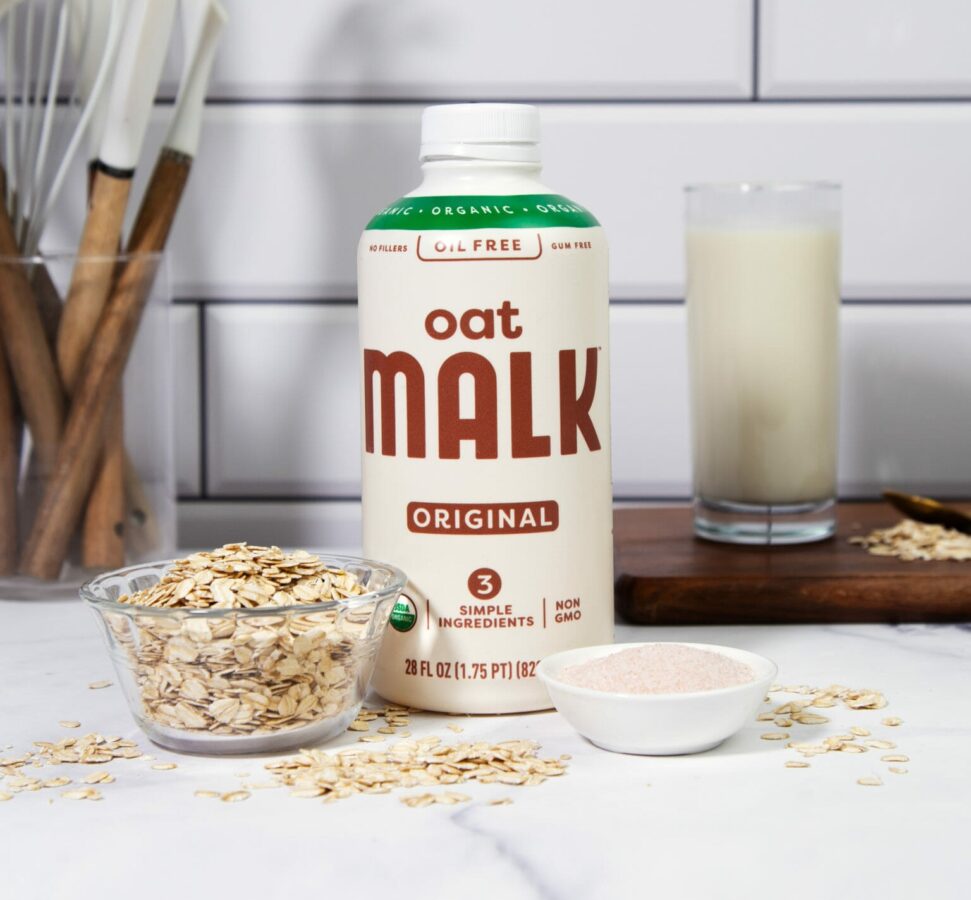
Malk Organics
Less common, but just as delicious, Malk Organics’s milk offers a naturally sweet and nutty flavor.
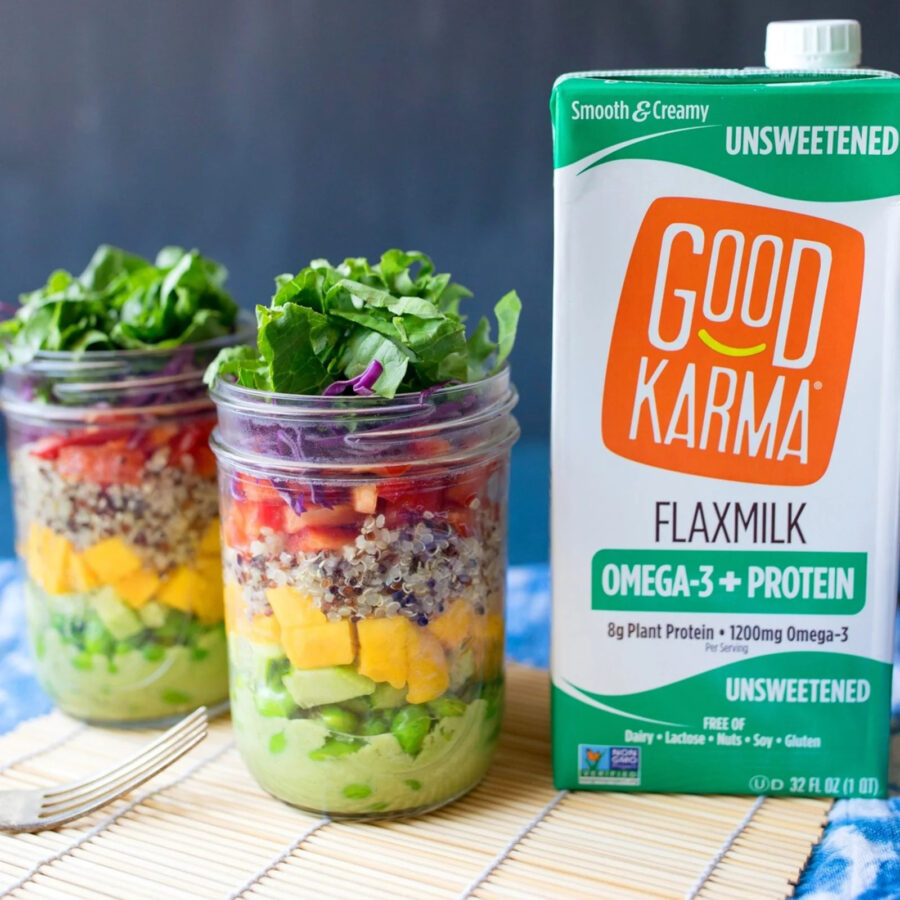
Good Karma
Made from cold-pressed flax oil, Good Karma’s flax milk is a great source of plant-based Omega-3 fatty acids.
Tips for Identifying Vegan-Friendly Options
Check Labels: Always read the ingredient list to ensure there are no animal-derived additives like Vitamin D3.
Look for Certifications: Products labeled “Certified Vegan” have been scrutinized to ensure they adhere to vegan standards.
Nutrition Fortification: If you’re looking for added nutrients like calcium or protein, check to see if the milk is fortified and what the source of fortification is.
Brand Ethics: If concerned about environmental or labor practices, research the brand’s sustainability efforts and labor policies.
Community Recommendations: The vegan community is often the best information source. Online forums, blogs, and social media can provide valuable insights into the most ethical and delicious vegan milk alternatives.
Local Availability: While some brands may be popular recommendations, they might not be available in your local grocery store. Always have a backup option in mind.
With many alternatives now readily available, adapting to a vegan lifestyle has always been challenging. Whether you prefer to buy at a local grocery store or make your plant-based milk at home, you have a range of choices to suit your taste buds and ethical considerations.
Homemade Versions
Making your plant-based milk at home can be an enriching experience. It gives you control over the ingredients and allows you to customize the taste.
Ingredient Swaps
Nuts and Seeds: Almonds can easily be replaced with cashews, macadamia nuts, or sunflower seeds for a different flavor and nutrient profile.
Grains: Oats and rice are excellent options if you’re avoiding nuts. Simply blend and strain to get creamy milk.
Coconuts: Fresh or desiccated coconut blended with water can also make creamy and tropical milk.
Sweeteners: If your almond milk recipe calls for honey, use maple syrup, agave nectar, or stevia as vegan alternatives.
Flavoring: Replace regular vanilla extract with the organic, alcohol-free variety to keep it completely plant-based.
Thickeners: Instead of animal-based thickeners like gelatin, use agar-agar or cornstarch.
Fortifiers: To fortify homemade plant-based milk, you can add vegan sources of calcium like ground sesame seeds or chia seeds.
How to Use Vegan Alternatives in Recipes
1:1 Replacement: Most plant-based milk can be used as a 1:1 substitute for almond milk in recipes. This applies to baking, cooking, and beverages like coffee and tea.
Taste and Texture: Different plant milks have different flavor profiles and textures. For example, coconut milk is creamier and might add a tropical flavor, so use it in recipes where this is appropriate.
Nutrient Consideration: If you’re using milk as a significant source of nutrients like protein or calcium, ensure that your alternative offers the same benefits or supplement as needed.
Heat Stability: Not all plant-based milk react to heat similarly. Soy milk, for instance, can sometimes curdle under high heat, so it’s better suited for low-heat recipes.
Savory or Sweet: Choose the milk depending on whether your dish is savory or sweet. For instance, oat milk’s natural sweetness makes it more suited for desserts, while the neutral taste of rice milk may be better for savory dishes.
Thickness: Some milk alternatives are naturally thicker or thinner than others. Adjust the quantities of other ingredients in your recipe to get the desired consistency.
Spices and Flavors: Feel free to add spices like cinnamon or nutmeg and flavors like vanilla or chocolate to customize your vegan milk for specific recipes.
Pre-Made Mixes: If using a store-bought vegan milk alternative in a recipe that calls for almond milk, be aware of any additional sweeteners or flavorings in the product, as this may alter the result.
By incorporating these tips and ingredient swaps into your cooking, you’ll find that vegan recipes can be just as delicious and versatile as their non-vegan counterparts. With a little creativity and some experimentation, the culinary possibilities are endless.
How Almond Milk is Made
Making almond milk might sound complex, but it is a surprisingly straightforward process that can easily be done at home or industrially. Let’s delve into the details.
Primary Ingredients
The most basic almond milk recipe includes just two primary ingredients:
Almonds: Raw, unsalted almonds are the show’s star, providing flavor and creaminess.
Water: Filtered water is used to blend the almonds, forming the milk base.
Secondary Ingredients/Additives (if applicable)
While homemade almond milk can be made with just almonds and water, commercial brands often include additional ingredients for preservation, taste, and texture:
Sweeteners: Sugars or artificial sweeteners like stevia are sometimes added.
Stabilizers and Thickeners: Gellan gum, xanthan gum, and guar gum are common.
Flavors: Vanilla or chocolate flavors may be added.
Nutrients: Some brands fortify their almond milk with vitamins like B12 and D or minerals like calcium.
Sourcing and Ethical Considerations
A nuanced discussion is necessary when it comes to the ethical and environmental aspects of almond milk.
Environmental Impact
Almond milk production has some environmental concerns, primarily due to the water-intensive nature of almond farming, especially in drought-prone regions like California. Each almond requires approximately 1.1 gallons of water to grow, raising sustainability issues.
However, compared to the water usage of dairy milk, almond milk generally has a lower environmental footprint.
Ethical Impact
The ethical considerations around almond milk could be clearer. On one hand, almond milk offers a plant-based alternative to animal-derived milk, aligning well with vegan ethics. On the other hand, using pesticides in non-organic almond farming can harm bee populations, which are essential for almond tree pollination.
Labor Practices
The labor practices in almond farming have also been under scrutiny. Concerns have been raised about unfair wages and working conditions for farm workers. Some companies aim to improve this by embracing fair trade practices and providing more transparent sourcing information.
So, while almond milk is generally considered a more ethical and environmentally friendly option than dairy milk, it has its own ethical and environmental considerations. Choosing organic, fair-trade almond milk and being mindful of water usage can make your almond milk consumption more ethical and sustainable.
FAQ
Navigating the world of almond milk can raise some questions. Let’s answer some of the most frequently asked ones.
What is the nutritional content of almond milk?
The nutritional content of almond milk can vary between homemade versions and store-bought brands. Generally, it is low in calories and protein but may be fortified with vitamins like B12 and D and minerals like calcium.
Is it possible to be allergic to almond milk?
Yes, it is possible to be allergic to almond milk. If you have a nut allergy, particularly almonds, you should avoid almond milk and opt for a different non-dairy alternative.
How long does almond milk last in the fridge?
Unopened store-bought almond milk generally lasts for 7-10 days in the fridge after the “use-by” date. Homemade almond milk typically lasts for 4-5 days when refrigerated.
